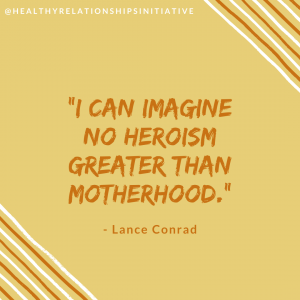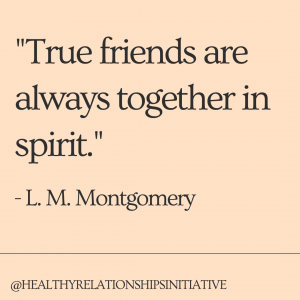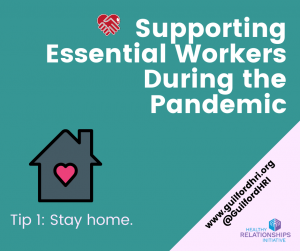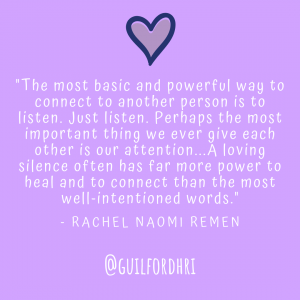
With Mother’s Day approaching, we’re all trying to think of ways we can show the mothers in our lives love and appreciation, especially amidst the coronavirus pandemic. Mother’s Day celebrations may look a bit different this year, but there are still lots of great ways we can show our appreciation and celebrate this day while practicing social distancing and self-quarantine. We’ve come up with some simple, yet meaningful ideas to help you celebrate the mothers in your life this Mother’s Day!
For partners – Interview your children about their mother. Ask your kids some questions about their mother, such as “What is your favorite memory with mom?” or “What do you love about mom?” Then, you can compile their answers, along with pictures into a digital memory book or scrapbook. This is a great way to show the whole family’s appreciation, and will show your partner how much you and your kids treasure her!
Gift a framed picture of you and your mom. Pictures are a timeless gift and can be a great way to capture meaningful experiences and memories with your mom. This is a simple and meaningful gift that can function as a reminder of the love that you and your mom share. Try accompanying it with a handwritten card that shares how much you love and appreciate your mom!
Make a Mother’s Day Appreciation Jar. This is a great gift idea for the whole family to get involved in! Get everyone to write down things that they love and appreciate about mom on small pieces of paper. Then, fold the papers and place them into a jar and give it a creative title, such as “Things We Love about Mommy!” This gift will show your mom how much she is appreciated, as she reads each paper over time.
Cook your mom one of her favorite meals! A great way to show your mom how much you care, is to let her relax while you cook her a meal. Maybe it’s breakfast in bed with the help of the rest of the family, or a family dinner at the end of the day. Chances are that you mom often does a good bit of the cooking, so giving her a day off can be a great way to show her that you notice how much she does for you and the family!
Ask your mom what she would like to do! One of the best ways to make this day all about your mom is by asking her what she would like to do. Let her take the lead and help her make it happen. This is a great way to show you mom that you care and that she deserves to have the spotlight on her!









